For the first few weeks after you bring him home, you should assume your new dog isn’t housetrained and start from scratch. If he was housetrained in his previous home, the re-training process should progress quickly. The process will be much smoother if you take steps to prevent accidents and calmly and consistently show him where he’s supposed to eliminate.
Establish a Routine
- Take your dog out at the same times every day. For example, first thing in the morning when he wakes up, when you arrive home from work, after he eats, before you go to bed, etc. When you are home, take him out regularly, maybe once every hour for the first few weeks, to give him plenty of opportunities to eliminate outdoors.
- Each time he eliminates outside, immediately praise him and give him a treat. Do not wait until after he has come back into the house. This step is vital, because rewarding your dog for eliminating outdoors is the only way he’ll know that is what you want him to do.
- If you have taken your dog out and you are sure he has to eliminate and he did not do so, do not allow him free access to the house. Confine him or tether him to you for 10 minutes, then take him out and try again. Keep repeating until you are sure he has done all his business.
- Choose a location not too far from the door to be the bathroom spot. Always take your dog, on a leash, directly to the bathroom spot. Take him for a walk or play with him only after he has eliminated. While your dog is eliminating, use a word or phrase, like “go potty,” or “hurry up” that you can eventually use before he eliminates to remind him of what he’s supposed to be doing.
- Feeding your dog on a set schedule twice a day will help make his elimination more regular.
Supervise, Supervise, Supervise
Don’t give your dog an opportunity to soil in the house. He should be watched at all times when he is indoors. You can tether him to you with a leash, or use a dog gate, to keep him in the room where you are. Watch for signs that he needs to eliminate, like sniffing around or circling. When you see these signs, immediately take him outside, on a leash, to his bathroom spot. If he eliminates, praise him lavishly and reward him with a treat.
Oops!
Your dog has an accident in the house, what now?
- When you catch him in the act of eliminating in the house, say OOPS! Immediately take him to his bathroom spot, and calmly say your potty word or phrase. Praise him and give him a treat if he finishes eliminating there.
- Don’t punish your dog for eliminating in the house. Do nothing but clean it up. Rubbing your dog’s nose in it, taking him to the spot and scolding him, or any other punishment or discipline, will only make him afraid of you or afraid to eliminate in your presence.
- Cleaning the soiled area is very important because dogs are highly motivated to continue soiling in areas that smell like urine or feces. Use an enzymatic cleaner to help ensure the scent is gone.
It’s extremely important that you use supervision and confinement procedures to minimize the number of accidents. If you allow your dog to eliminate frequently in the house, he’ll get confused about where he’s supposed to eliminate which will prolong the house training process.
Other Types of House-Soiling Problems
If you’ve consistently followed the housetraining procedures and your dog continues to eliminate in the house, there may be another reason for his behavior.
- Medical Problems: House soiling can often be caused by an underlying medical problem. Please see your veterinarian.
- Submissive/Excitement Urination: Some dogs, especially young ones, temporarily lose control of their bladders when they become excited or feel threatened. This usually occurs during greetings, intense play, or when they feel they are about to be punished.
- Territorial Urine-Marking: Dogs sometimes deposit urine or feces, usually in small amounts, to scent mark their territory. Both male and female dogs do this, and it most often occurs when they believe their territory has been invaded.
- Anxiety: Dogs that become anxious when they’re left alone may house soil as a result. Usually, there are other symptoms, such as destructive behavior or vocalization. See your veterinarian or a veterinary behaviorist to help with these issues.
- Fears or Phobias: When animals become frightened, they may lose control of their bladder and/or bowels. If your puppy is afraid of loud noises, such as thunderstorms or fireworks, he may house soil when he’s exposed to these sounds. Seek professional help for these issues.
Need help? Call our free pet behavior help line at (503) 416-2983.



